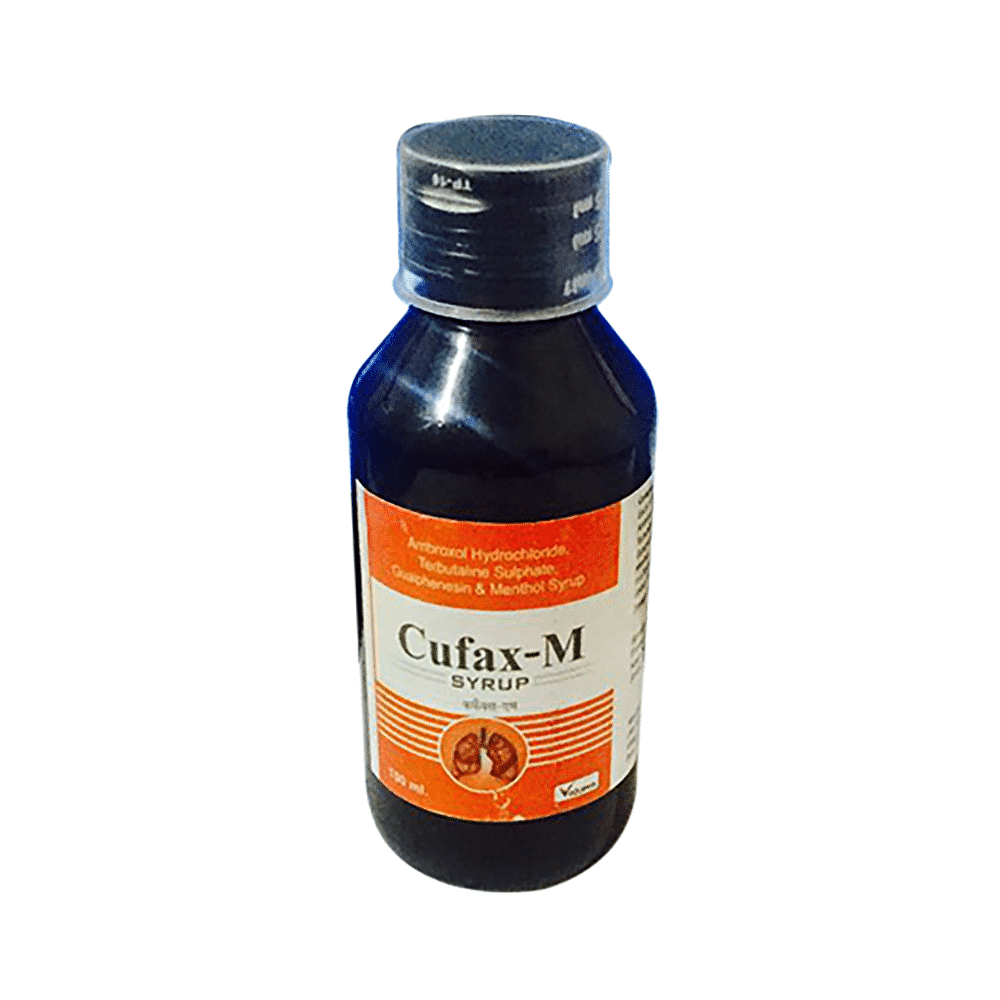
Litcoff Syrup
Manufacturer
Little Greave Pharmaceutical Pvt Ltd
Salt Composition
Ambroxol (15mg) + Guaifenesin (50mg) + Menthol (1mg) + Terbutaline (1.25mg)
Key Information
Short Description
Litcoff Syrup is a combination medicine used to treat cough, thins mucus in the nose and windpipe, and relieves throat irritation.
Dosage Form
Syrup
Introduction
Litcoff Syrup is taken with or without food in a dose and duration as advised by the doctor. The dose you are given will depend on your condition and how you respond to the medicine. You should keep taking this medicine for as long as your doctor recommends. If you stop treatment too early your symptoms may come back and your condition may worsen. Let your doctor know about all other medications you are taking as some may affect or be affected by this medicine.
Directions for Use
Take this medicine in the dose and duration as advised by your doctor. Check the label for directions before use. Measure it with a measuring cup and take it by mouth. Shake well before use. Litcoff Syrup may be taken with or without food but it is better to take it at a fixed time.
Safety Information
Side Effects
Nausea Diarrhea Vomiting Stomach discomfort Headache Rash Tremor Increased heart rate
Alcohol Warning
It is not known whether it is safe to consume alcohol with Litcoff Syrup. Please consult your doctor.
Breastfeeding Warning
Information regarding the use of Litcoff Syrup during breastfeeding is not available. Please consult your doctor.
Pregnancy Warning
Litcoff Syrup may be unsafe to use during pregnancy. Although there are limited studies in humans, animal studies have shown harmful effects on the developing baby. Your doctor will weigh the benefits and any potential risks before prescribing it to you. Please consult your doctor.
How it works
Litcoff Syrup is a combination of four medicines: Ambroxol, Guaifenesin, Menthol and Terbutaline.
Quick Tips
Relieves cough associated with bronchitis Relieves cough associated with bronchial asthma Relieves cough associated with emphysema and other broncho-pulmonary disorders May cause dizziness and sleepiness. Do not drive or do anything that requires mental focus until you know how it affects you. Monitor your blood glucose regularly while taking this medicine if you are diabetic. Inform your doctor if you have a history of thyroid or heart disease. Stop taking Litcoff Syrup and inform your doctor if your cough persists for more than 1 week, tends to recur, or is accompanied by a fever, rash or persistent headache.
Related Medicines

Ambutril Syrup

Simcuf M Syrup

Ambrotus A Syrup

Bromodex T Syrup

Cufax-M Syrup

Kufnil AM Syrup

Cut Cold-A 15mg/50mg/1mg/1.25mg Syrup

Ericuf A Syrup

Trescough Syrup

Ykuf AM Syrup
Frequently asked questions
Will taking a higher dose than recommended of Litcoff Syrup be more effective?
No, taking more than the recommended dose may increase the risk of side effects without providing additional benefits. If you don't experience symptom relief while using Litcoff Syrup, consult your doctor for further guidance.
In what type of cough will a doctor typically prescribe Litcoff Syrup?
Litcoff Syrup is used to treat a persistent cough accompanied by excessive mucus production.
Are there any specific conditions or allergies that would prevent someone from using Litcoff Syrup?
Do not use Litcoff Syrup if you have an allergy to its components, or if you have pre-existing heart disease, significant risk factors for heart disease, or a history of gastric ulcers.
What are the proper storage and disposal instructions for Litcoff Syrup?
Store Litcoff Syrup in its original container, tightly sealed. Follow the storage guidelines provided on the packaging or label. Dispose of unused medicine responsibly to prevent accidental consumption by pets, children, or other individuals.


